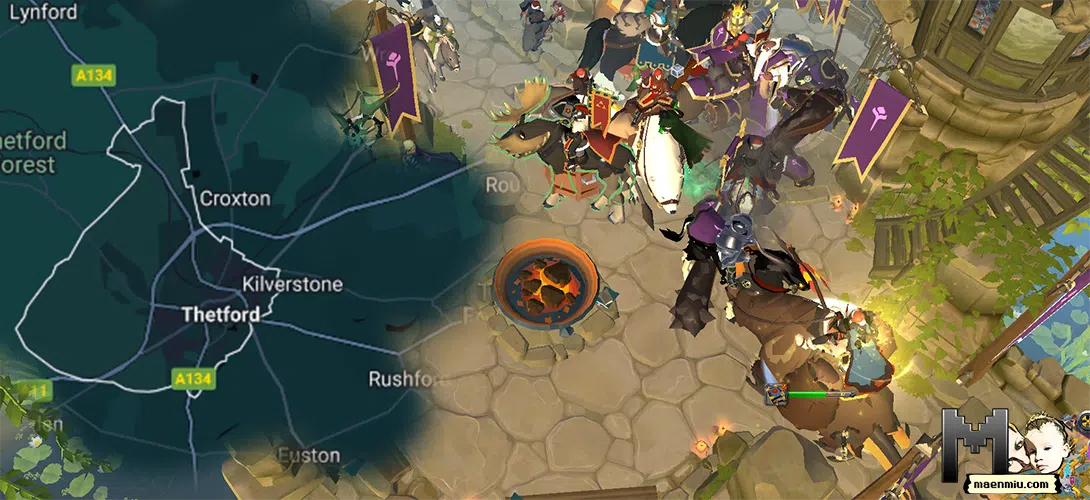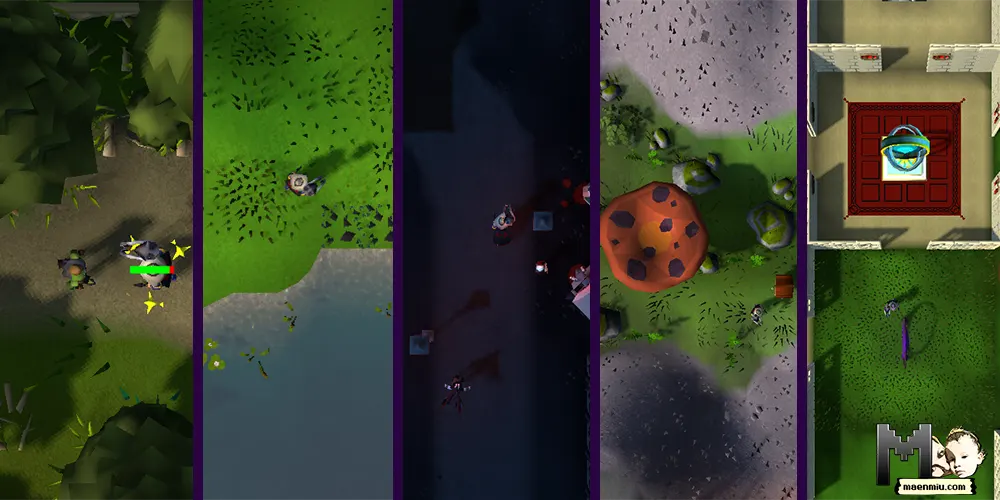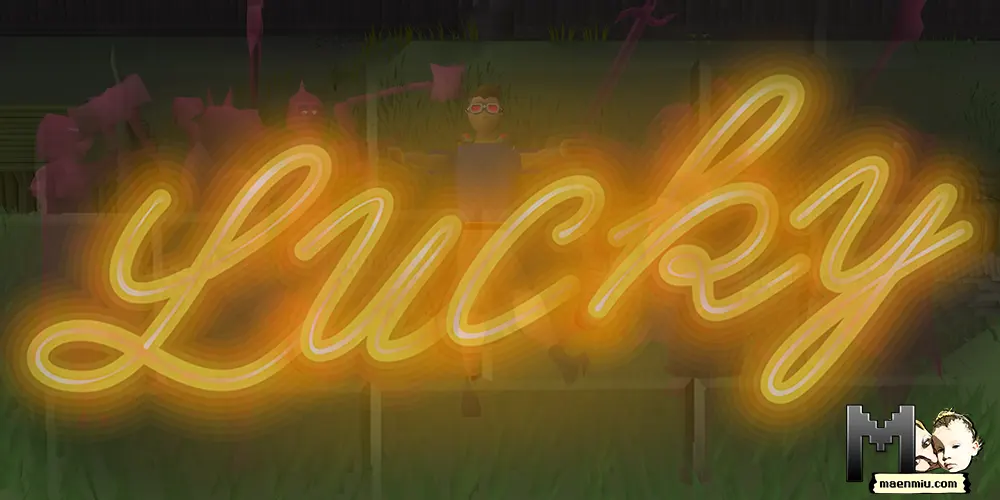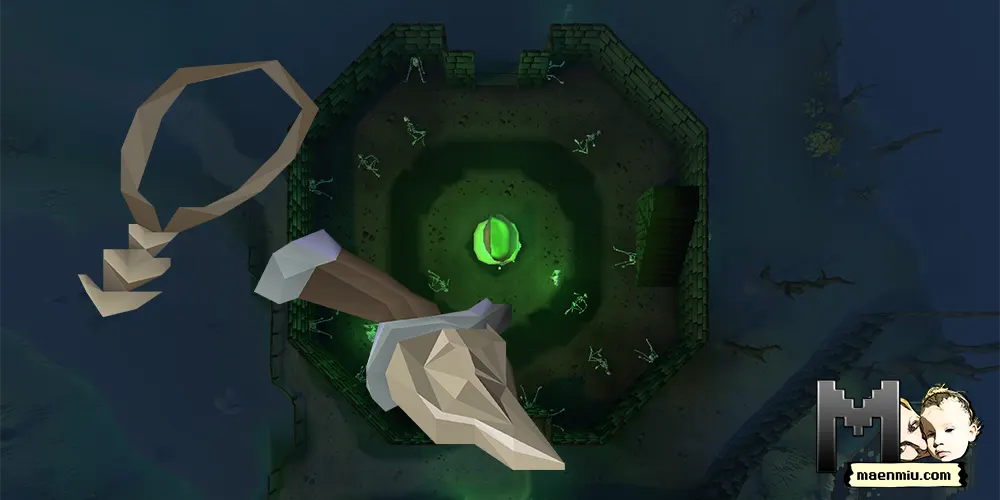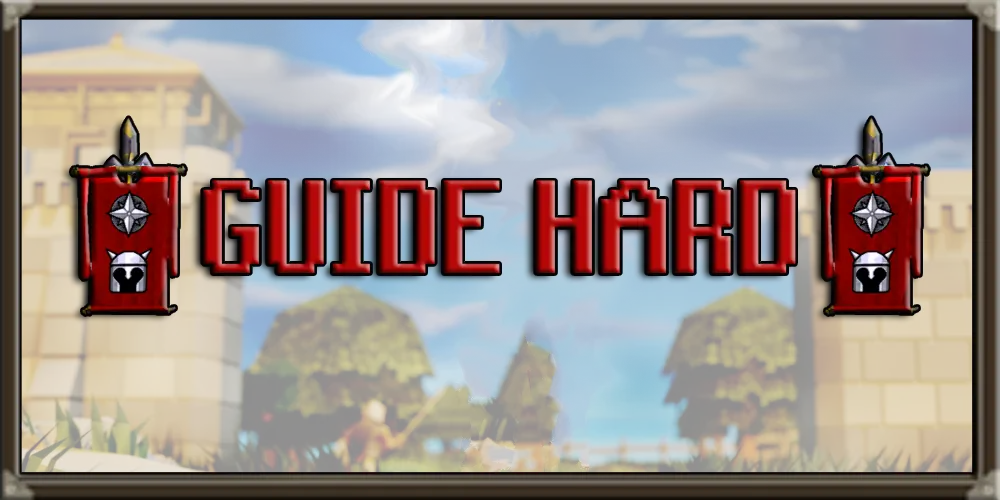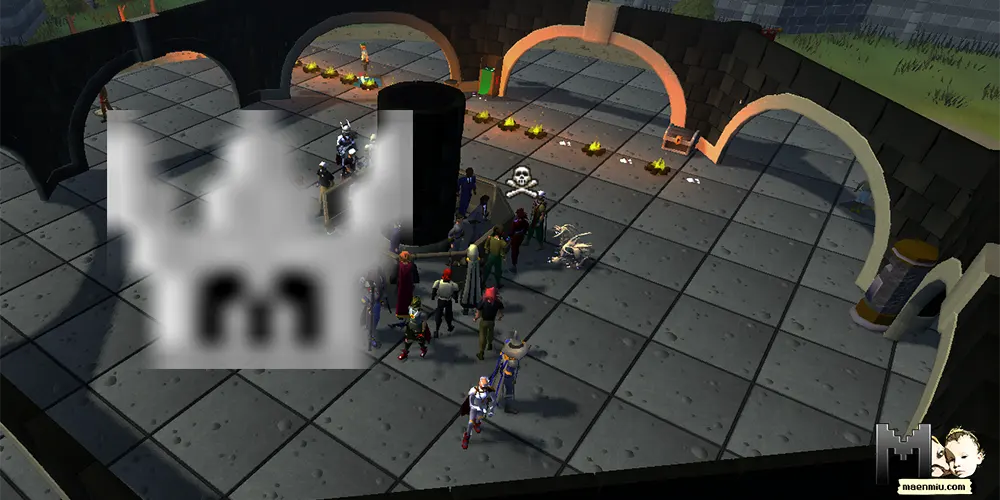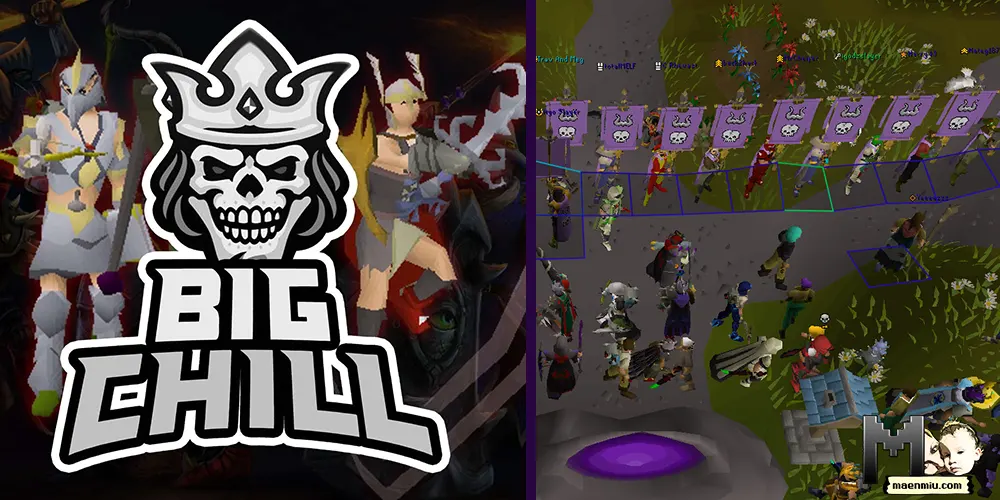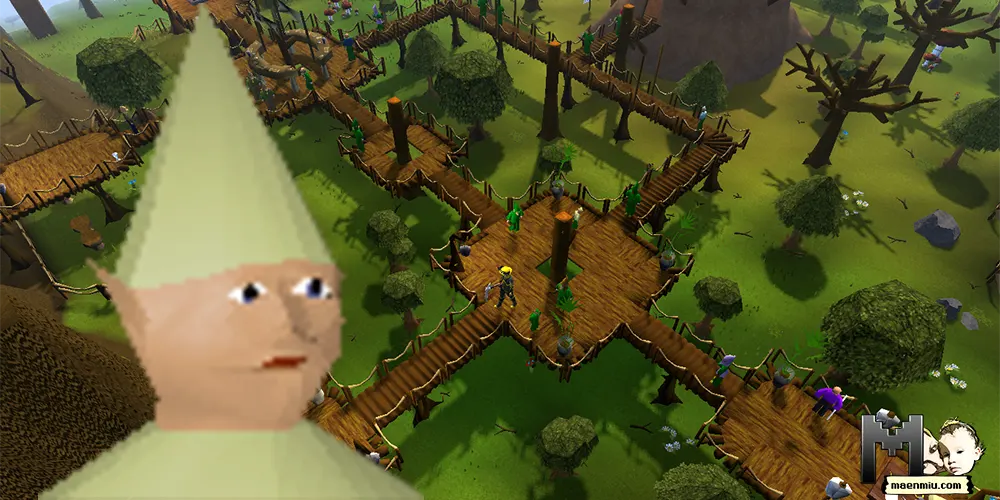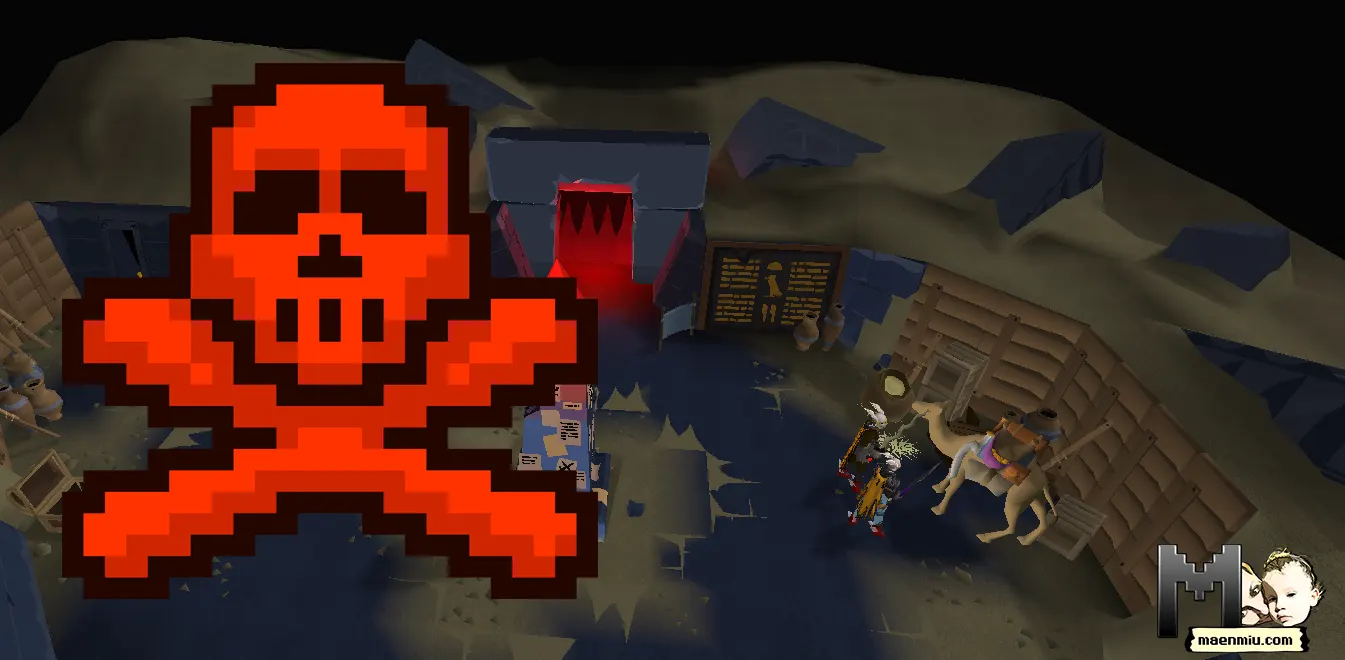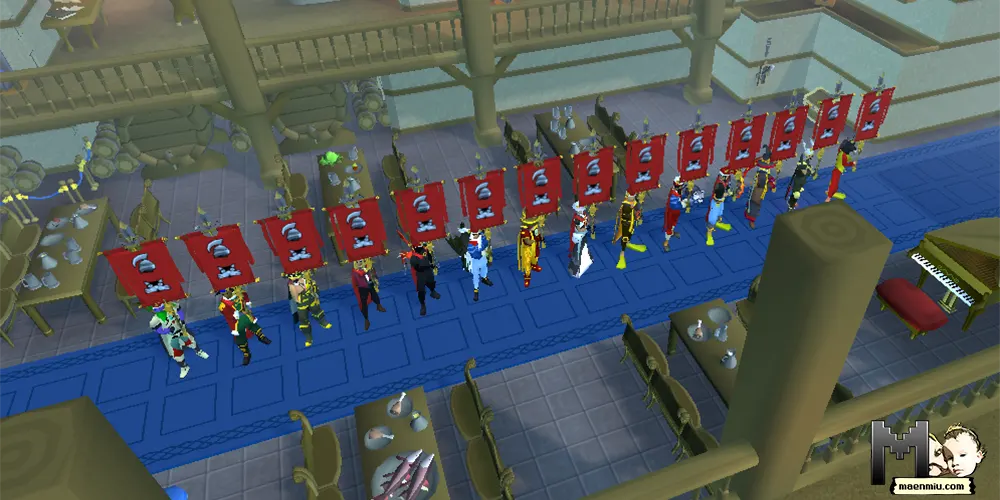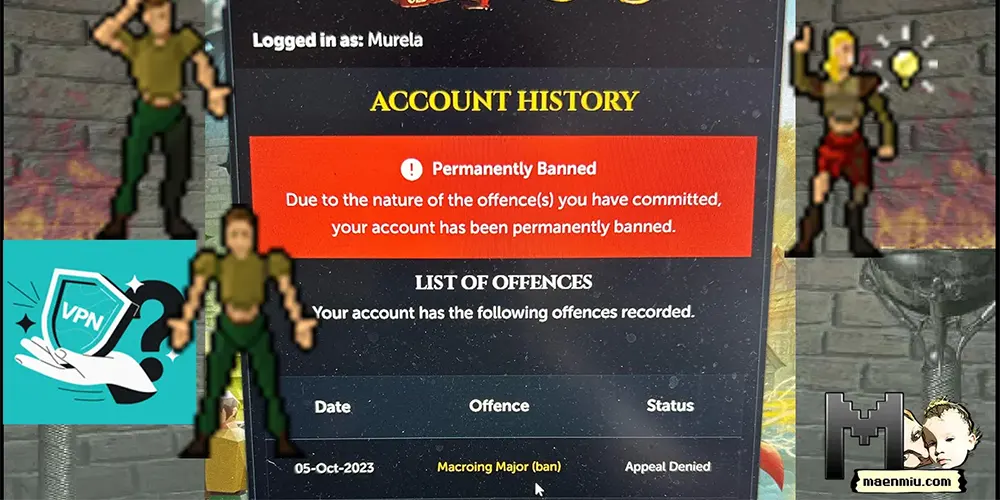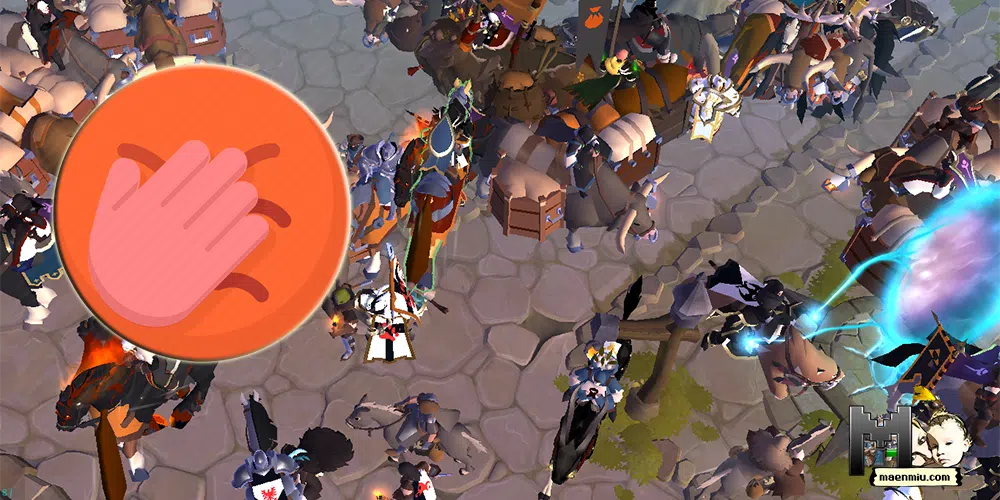
With its captivating medieval setting, extensive sandbox gameplay, and a vibrant player-driven economy, Albion Online is a massively multiplayer online role-playing game (MMORPG) that has captured the hearts of thousands of gamers worldwide. However, the exhilarating experience is not without its perils. As you traverse through the magical landscapes, engage in epic battles, or participate in bustling markets, you may inadvertently fall prey to a variety of scams perpetrated by opportunistic individuals within the game.
Knowledge is power, so with this I want to empower you to type F in general to pay respect to the scammers and never fall for these scams. Equip yourself with an understanding of 20 common scams found in Albion Online, and a detailed overview of each one to ensure you remain one step ahead of these.. uhm… fellas.
You might like
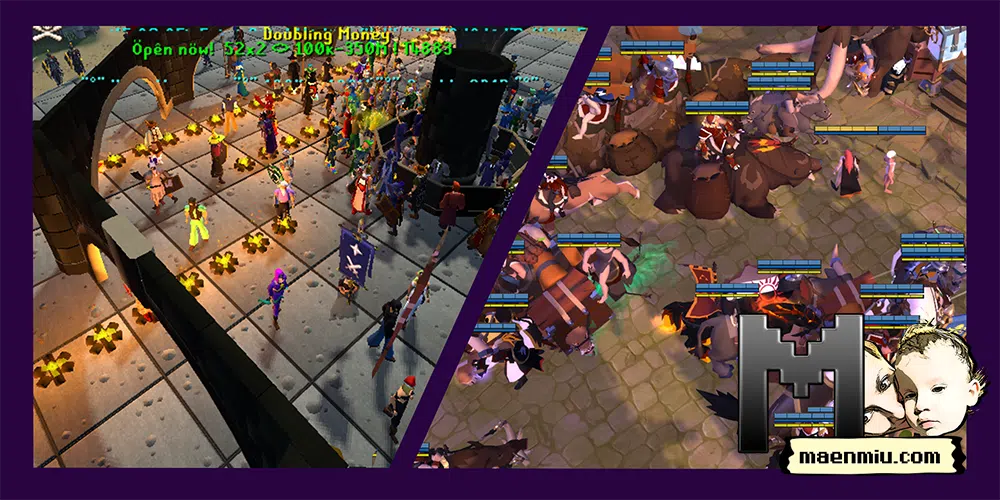
1. Item Trading Scams
These scams are particularly common. A player might offer to trade a rare item for yours, but when the trade window opens, they might switch it with a common item with a similar icon. Always double-check the items in the trade window before accepting.
2. Account Selling/Trading Scams
Someone might offer to sell you a high-level account, take your payment, and then never provide the login details. Alternatively, they could give you the account and later recover it using their original details, effectively stealing the account back.
3. Guild or Alliance Scams
Sometimes, an existing guild or alliance may convince you to contribute resources, items, or currency towards a group goal, such as building a guild hall. Once you’ve made your contribution, they kick you out and keep everything you gave.
4. Fake Admin Scams
A scammer might message you in-game, claiming to be a game admin and threatening to ban your account unless you hand over your login details or certain items. Remember, real game admins will never ask for your password.
5. Duplication Scams
A player might convince you that they have a secret method to duplicate items, asking for your items to demonstrate it. Once they have your items, they block you and disappear.
6. Loan Scams:
These scams involve a player asking to borrow something valuable from you, like a rare mount or piece of equipment, with a promise to give it back later (sometimes even with an extra item or cash as a “thank you”). However, after they receive the item, they simply vanish.
7. Inflated Market Exchanges:
Scammers might post a common item on the marketplace at an incredibly high price, then tell players in chat that this item can be sold for a high profit, fooling players into purchasing it. After the victim buys the item, they discover that it’s actually worth very little.
8. Fake Websites
Scammers often create fake Albion Online websites that look like the official one. They’ll usually send links to these sites in emails or in-game messages, tricking players into logging in and stealing their credentials.
9. Phishing Emails
You may receive an email claiming to be from the Albion Online support team, telling you that you need to confirm your account details to avoid suspension. This email will include a link to a fake login page where they can steal your login information.
10. Investment Scams
A scammer may claim to have a lucrative investment opportunity, promising high returns if you give them your silver or items. However, once you’ve made your “investment”, they’ll vanish without giving you anything in return.
11. Crafting Scams
Scammers might promise to craft high-level gear for you if you provide the materials, but once they receive the materials, they log off and disappear. Always use trusted crafters, preferably ones who are part of reputable guilds.
12. Overpriced Item Scams:
Some scammers will sell items at extremely high prices, exploiting the fact that newer players may not be familiar with the actual market value of the items. Always check average prices before making big purchases.
13. Fake Charity Scams
Scammers might pretend to be players who’ve recently lost their items to a raid or theft, asking for donations. Kind-hearted players who give them items or money will find that they were simply lying to get free stuff.
14. Power Levelling Service Scams:
Scammers might offer to level up your character for a fee. After receiving payment, they’ll either fail to deliver or steal your account, claiming it’s part of the service to play on your account.
15. Map Scams:
In this scam, the con artist might sell a map promising the location of high-level resources or hidden treasures. However, the map turns out to be either fake or outdated, leading you to already looted or non-existing treasure spots.
16. Rare Mount Scams:
In a trading window, a scammer will place a rare and valuable mount to trade, only to switch it out with a common, low-value mount at the last second. Always double-check before clicking that final confirm button.
17. Guild Tax Scams
A player might create a guild and set an unusually high tax rate, taking a significant cut of the silver earned by all guild members. Always check a guild’s tax rate before joining.
18. Resource Scams
Scammers may sell common resources claiming they’re gathered in rare or dangerous zones (hence more expensive). Newer players might not be aware that they’re actually common and can be gathered safely.
19. Partnership Scams
A scammer may offer to partner with you for a dungeon run or business venture, then disappear with the shared loot or earnings. Only partner with players you trust.
20. Trust Scams
These are long cons. Scammers build a relationship with you over time, earning your trust. Once they’ve convinced you they’re reliable, they ask to borrow something valuable, promising to return it later. Instead, they disappear with your items or money.
I created this article with the partial assistance of an AI tool. Learn about my view on AI and why I’m telling you about it.

